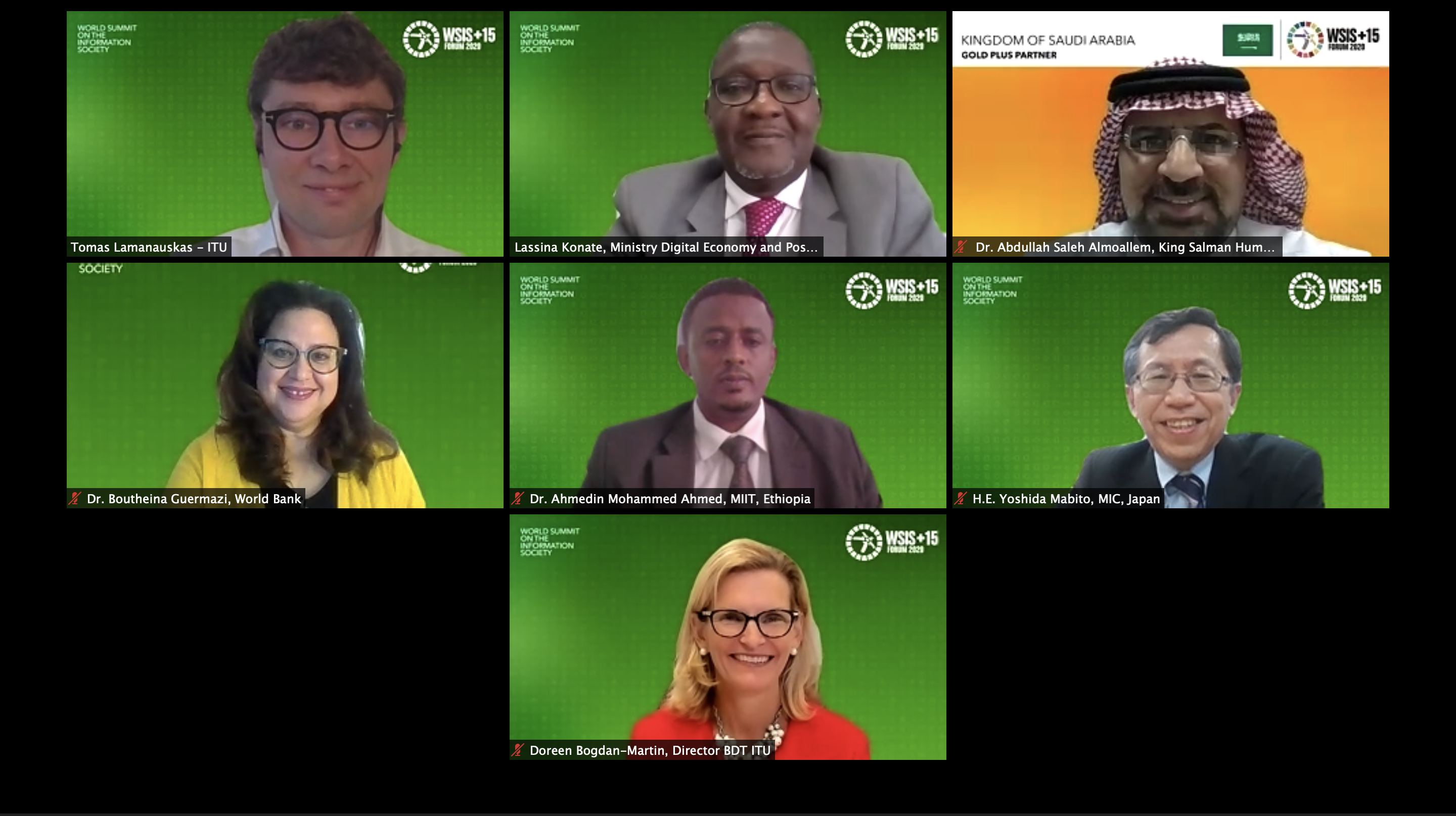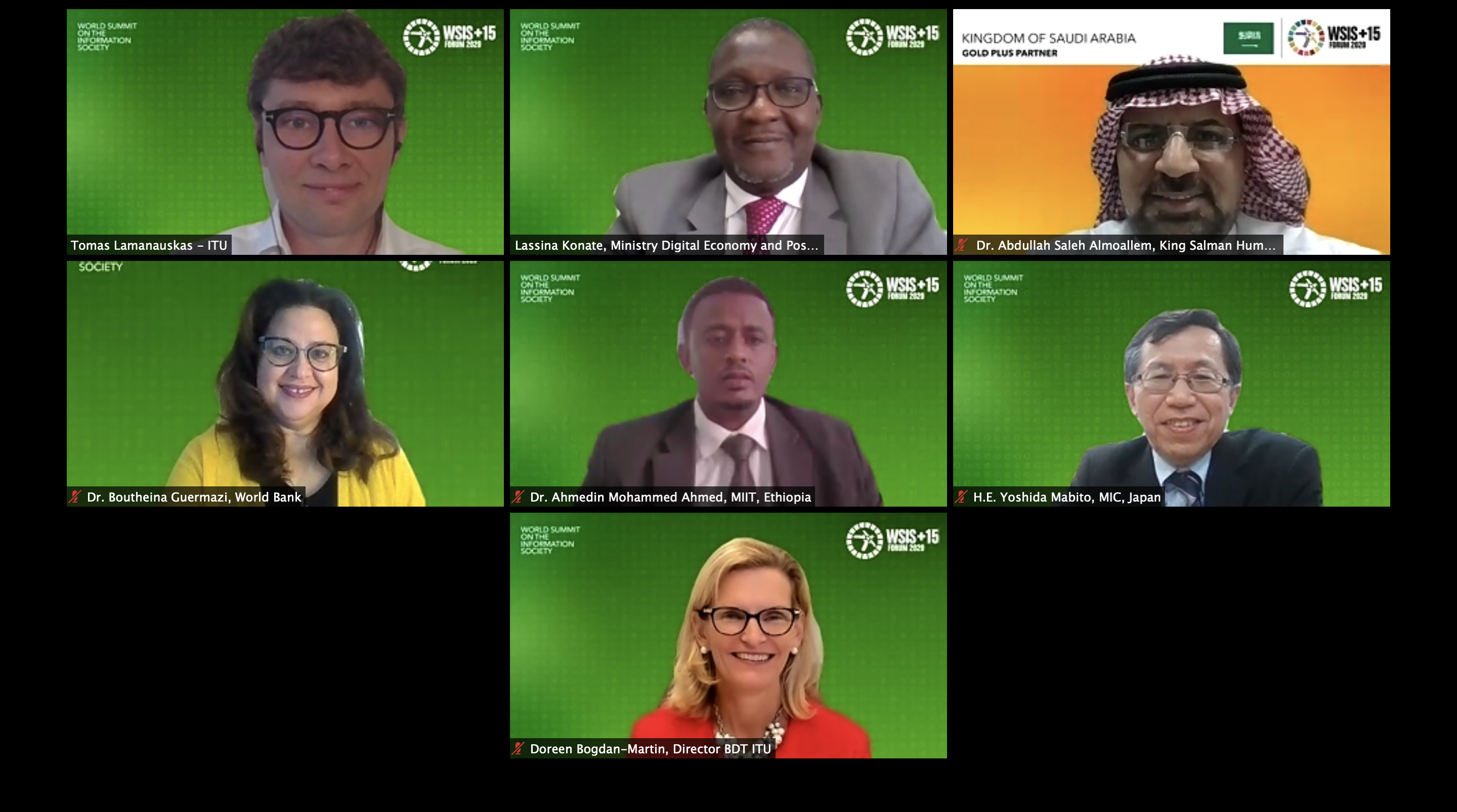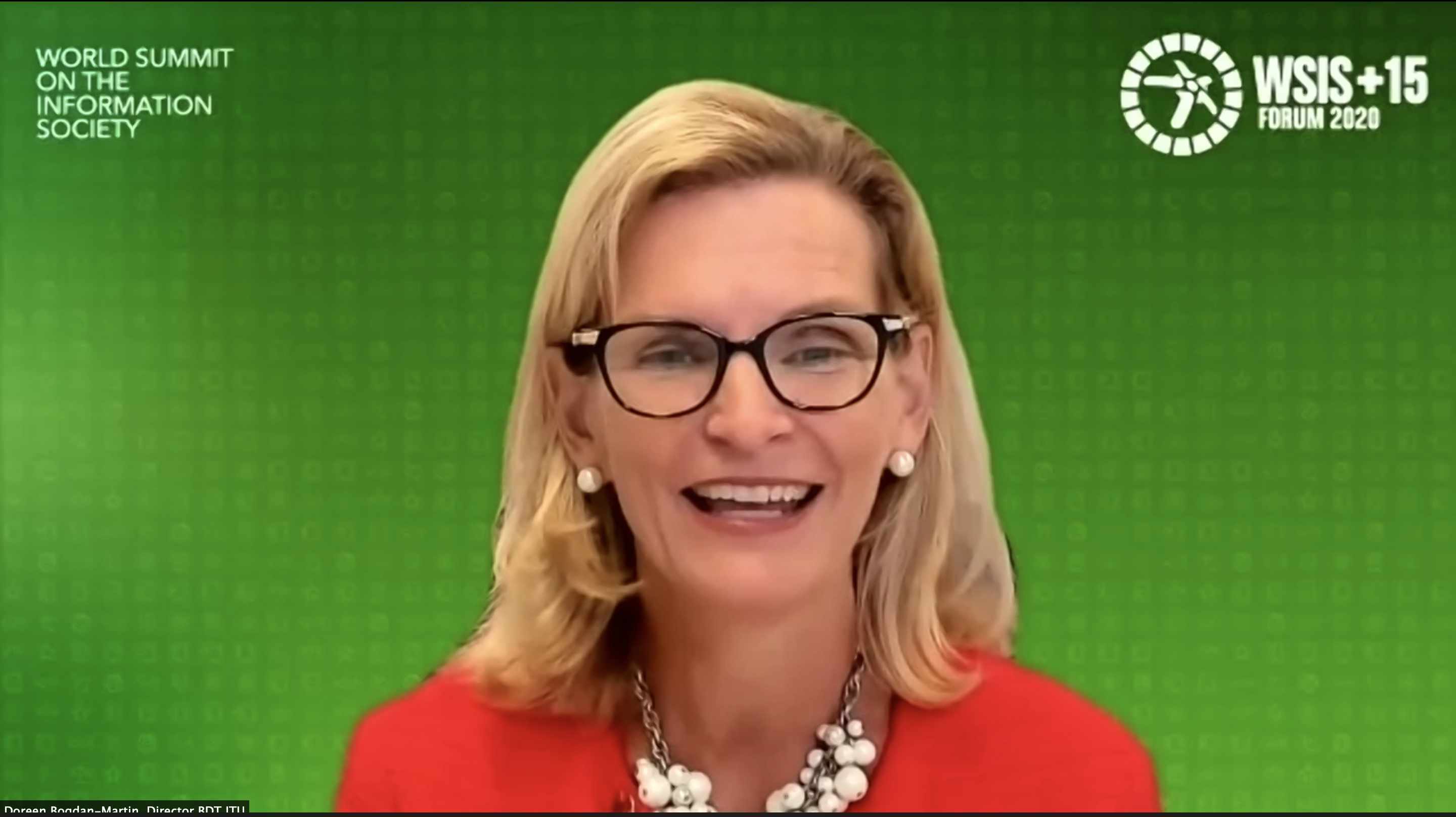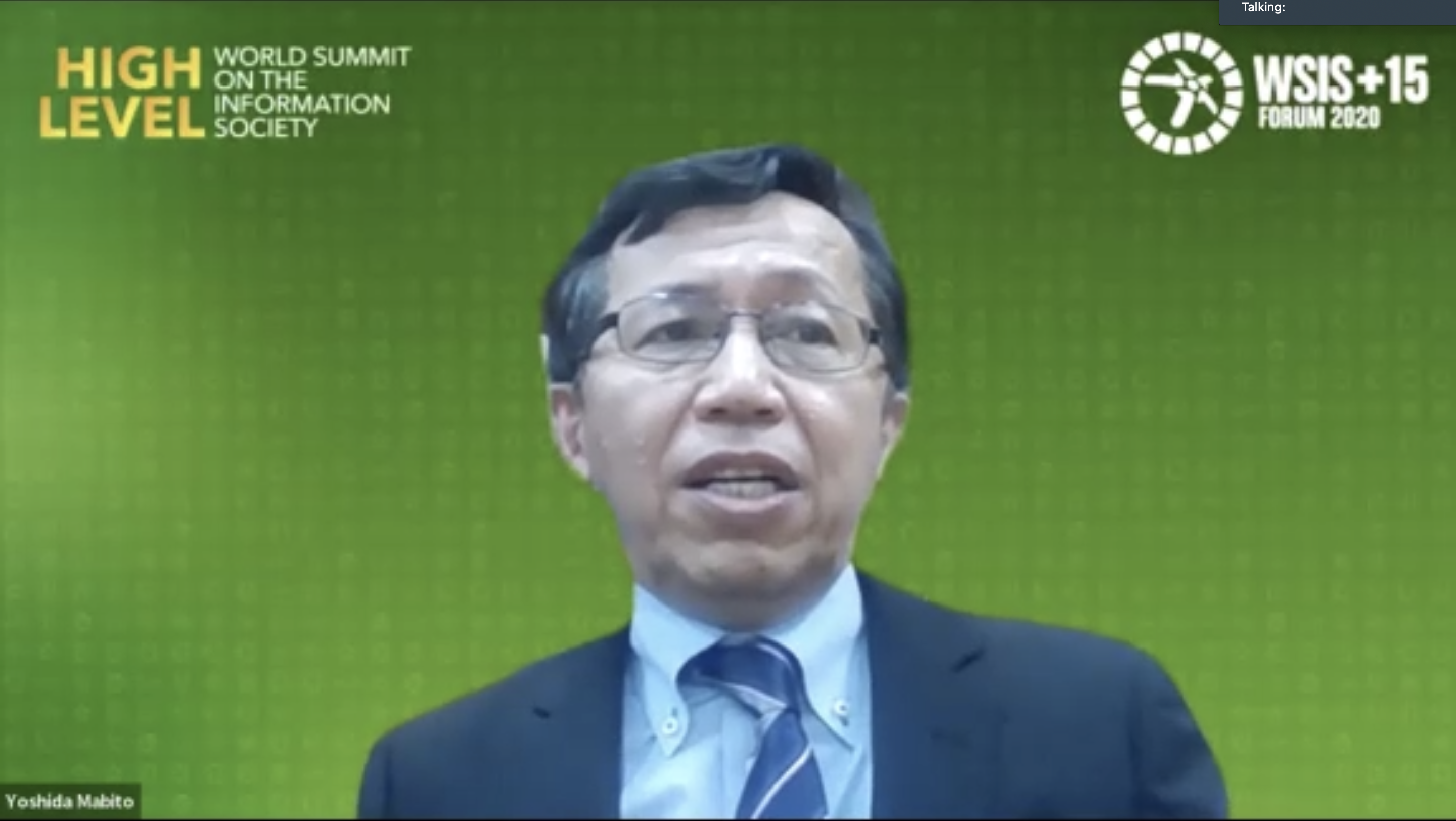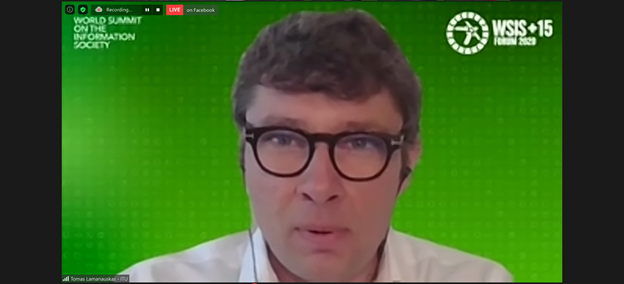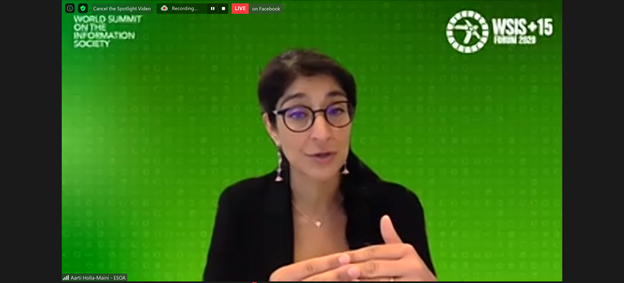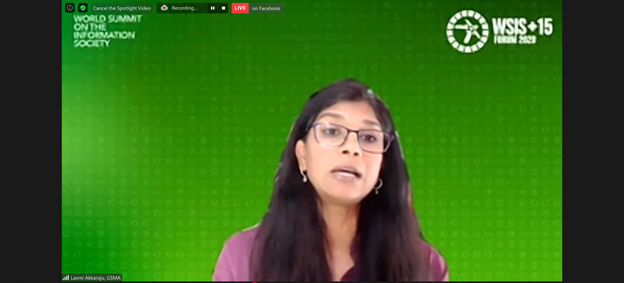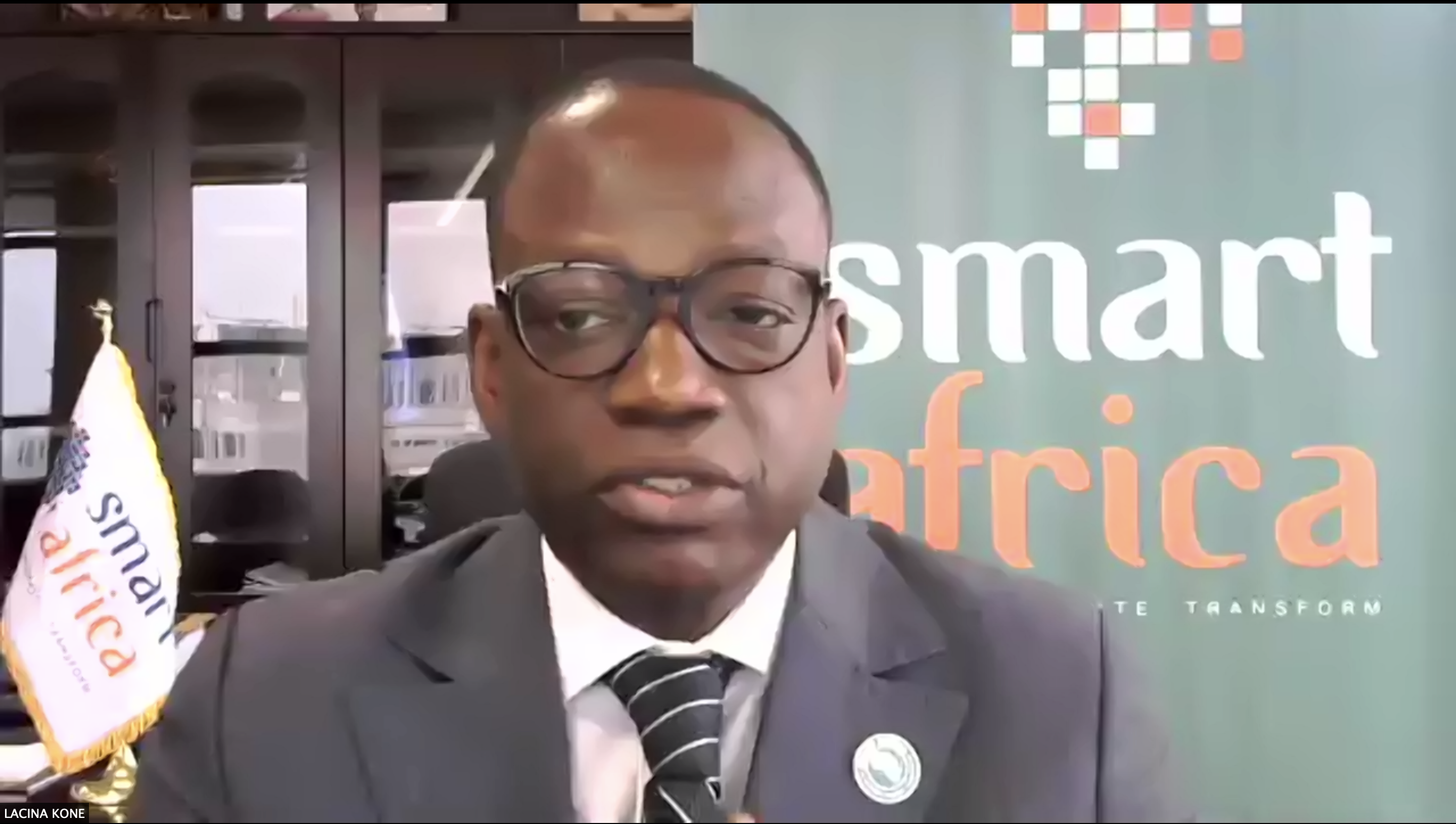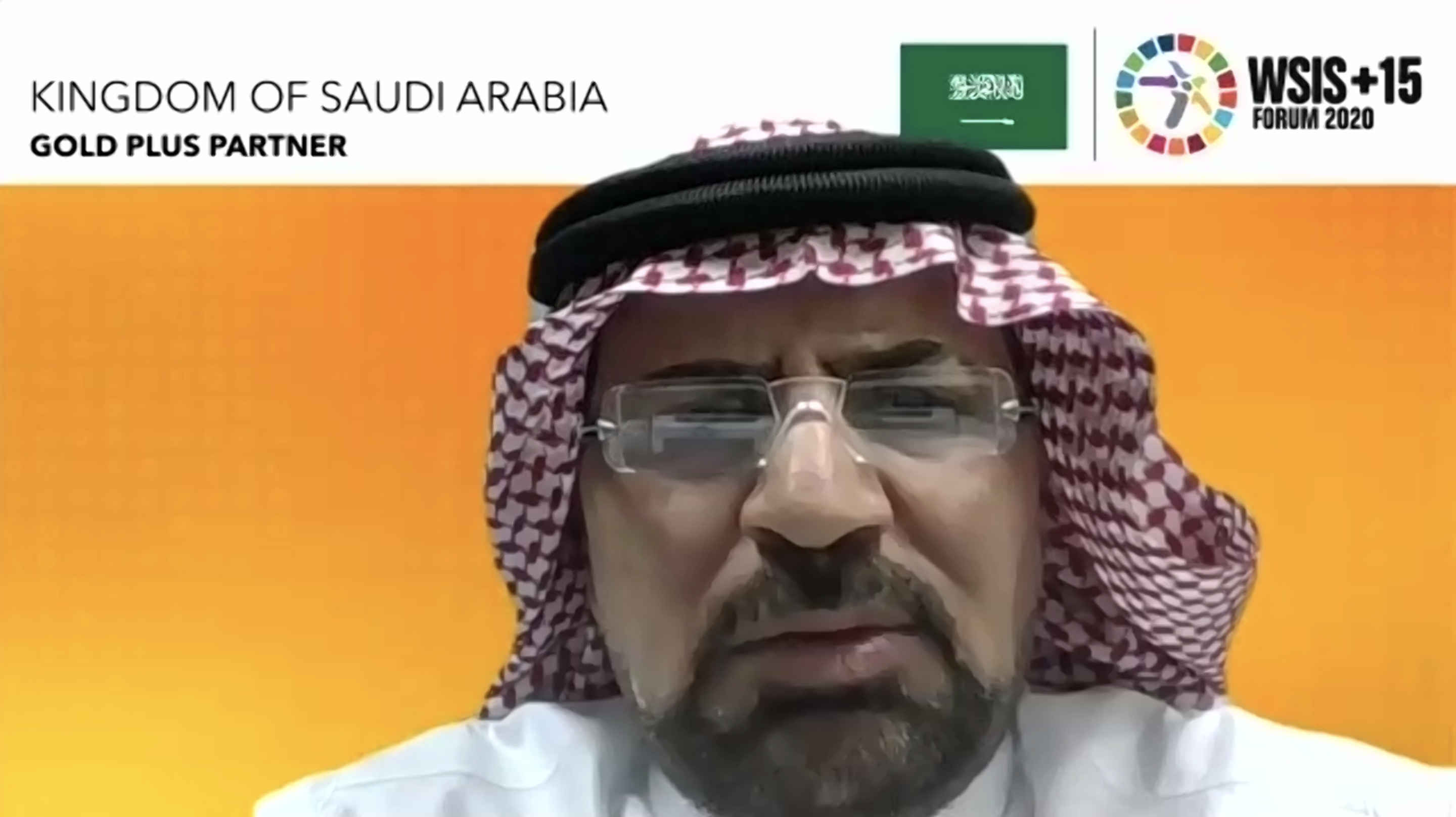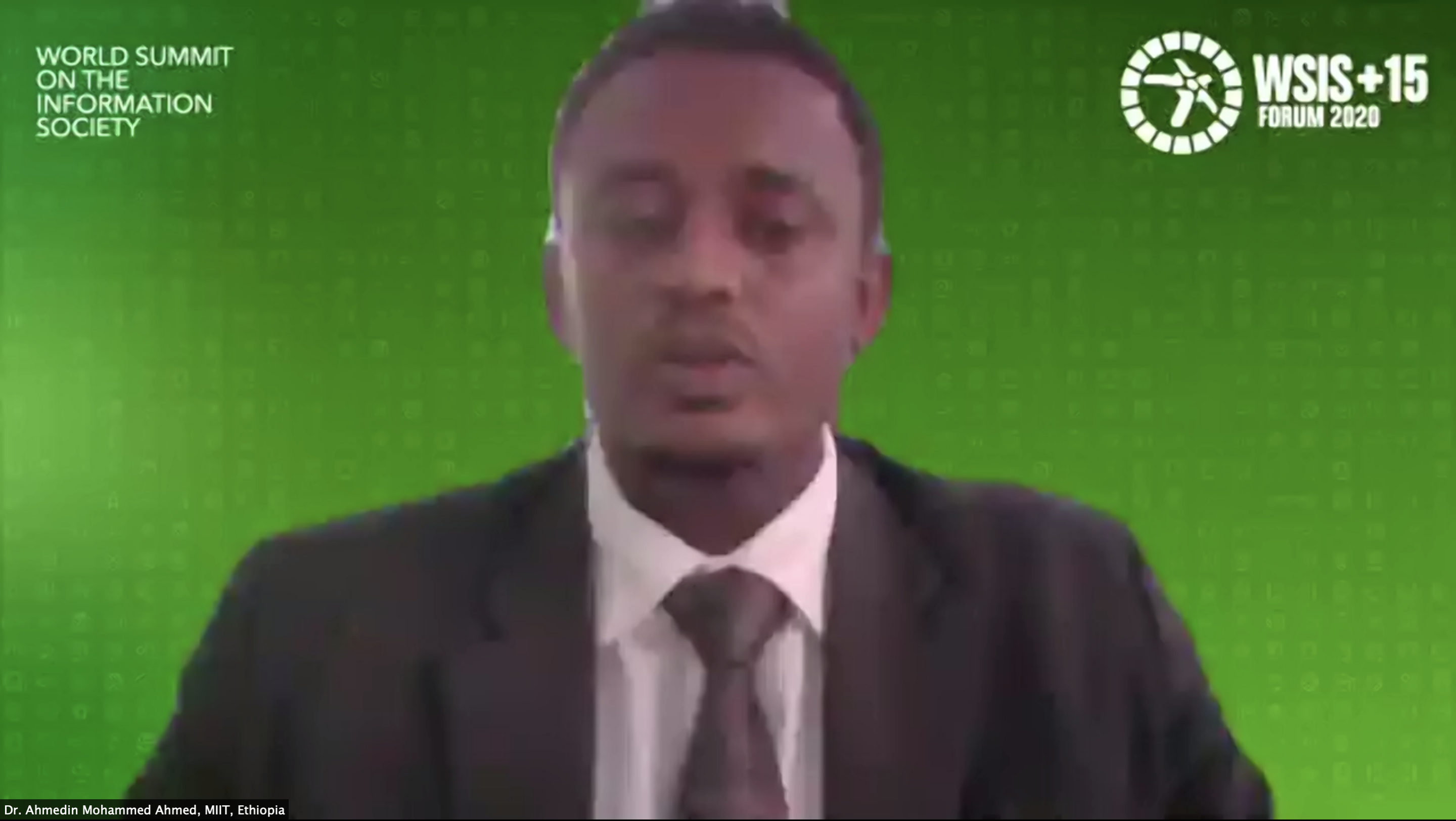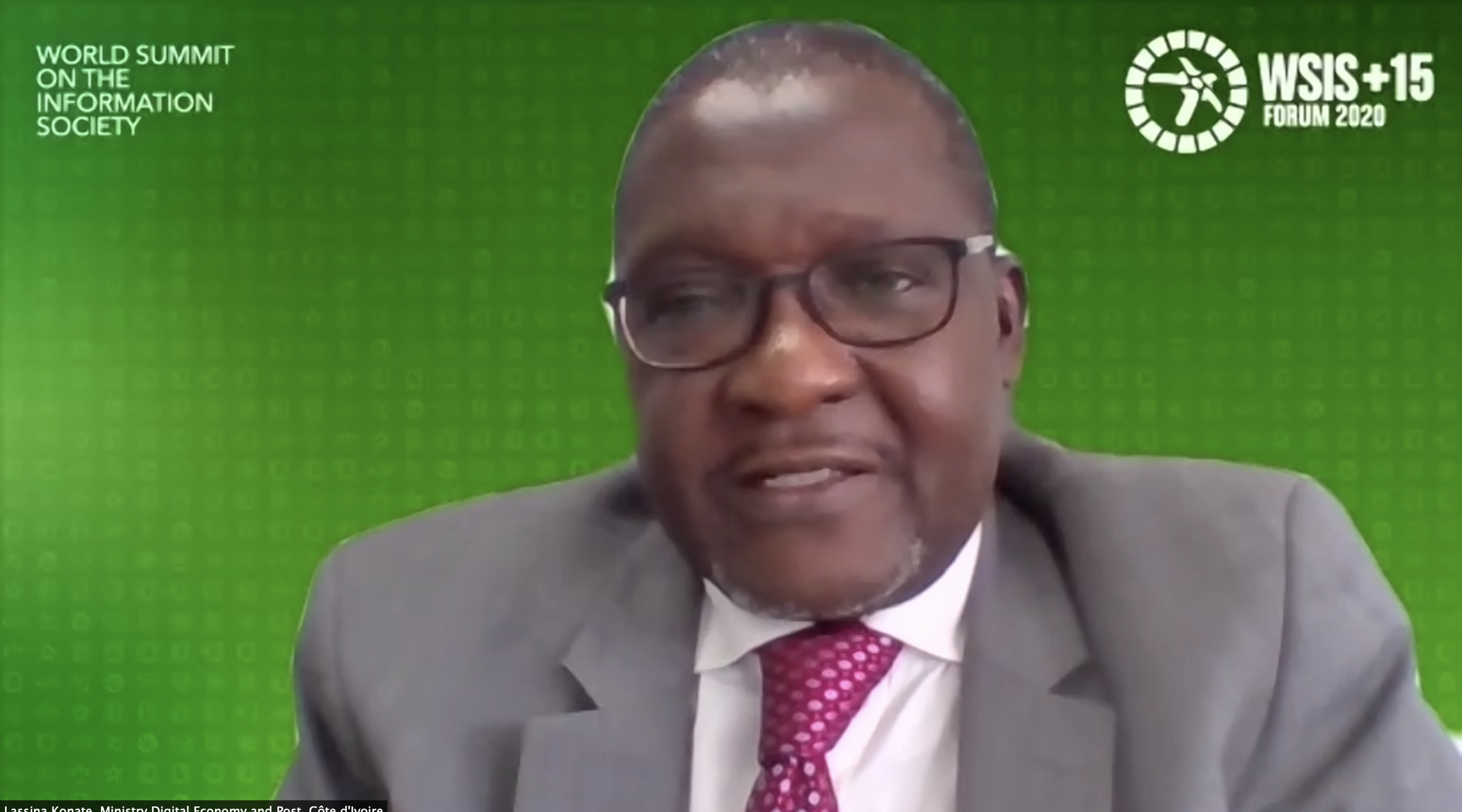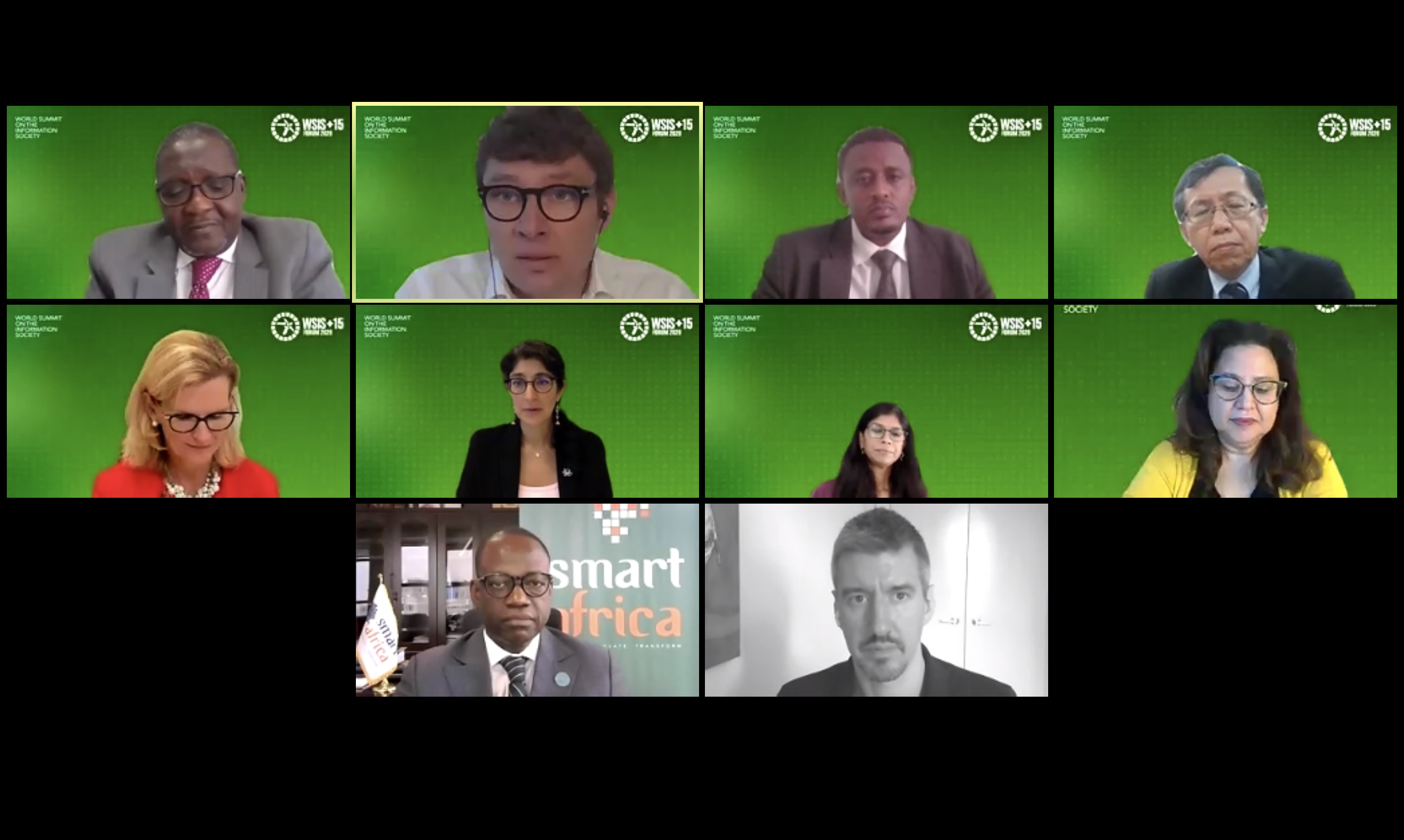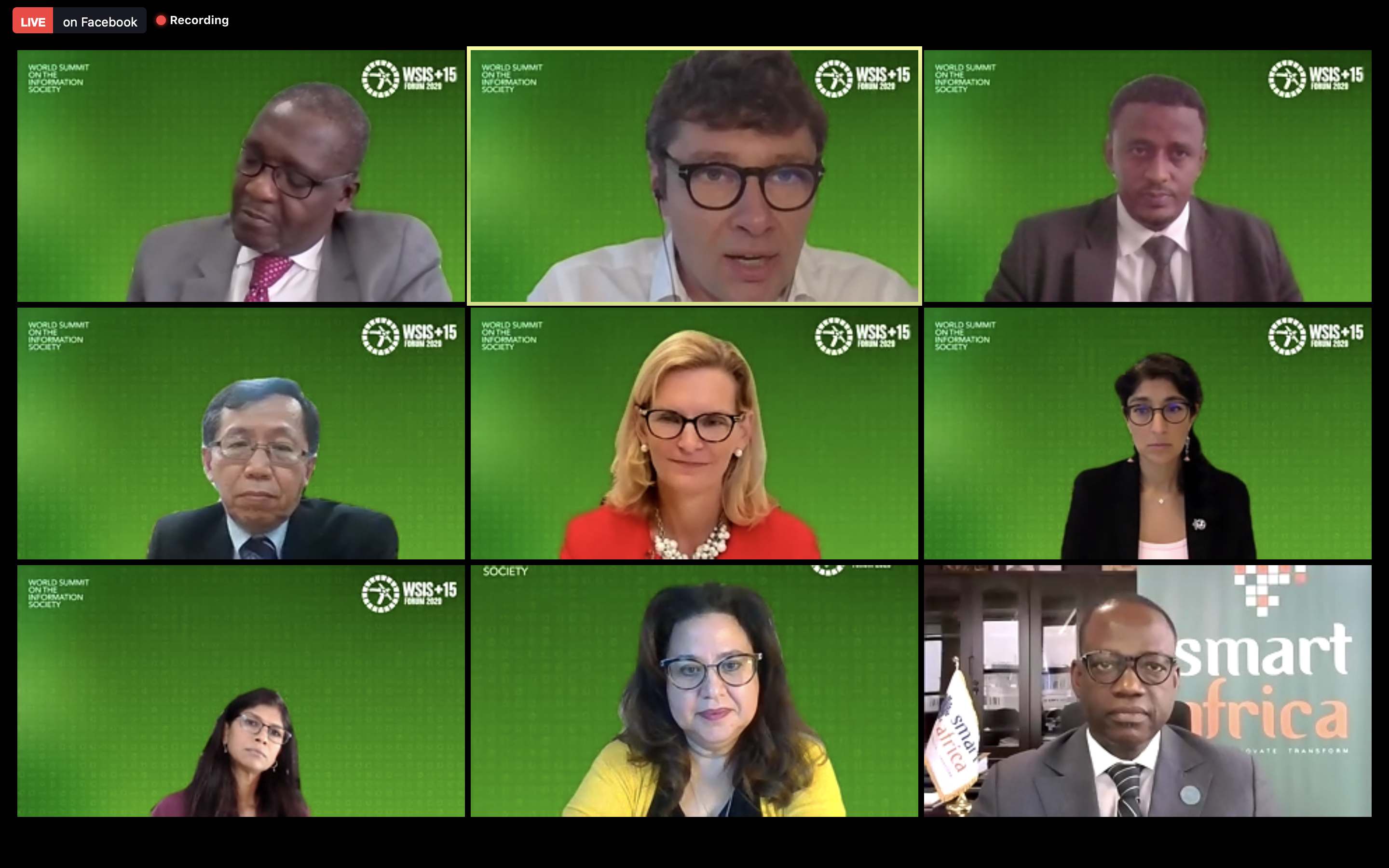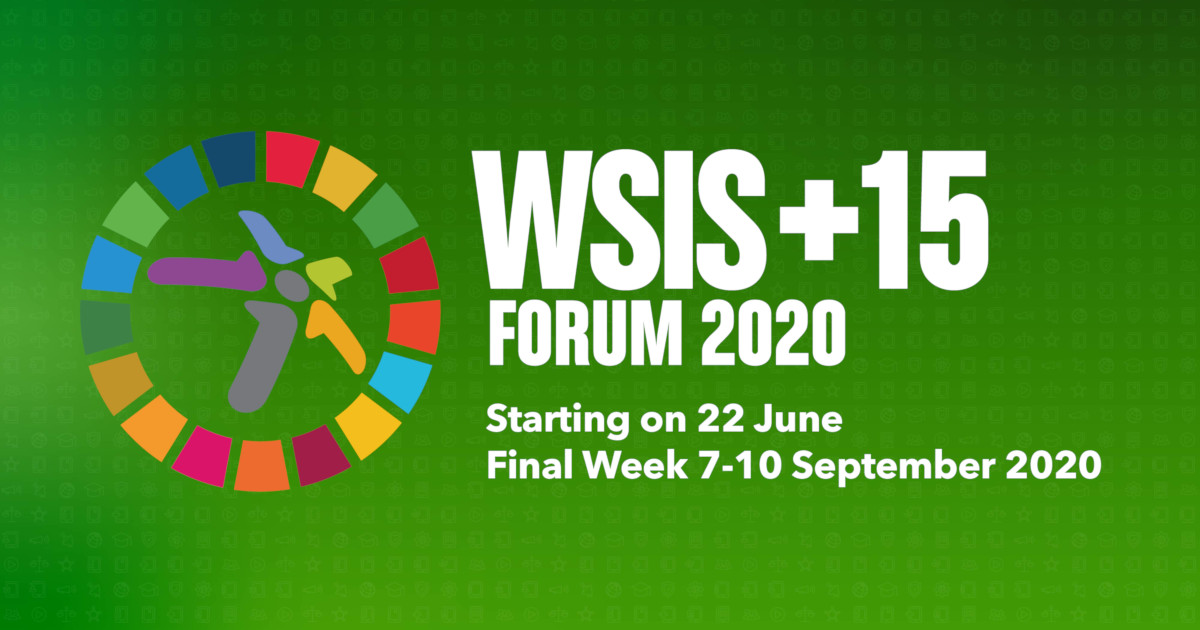High-level Dialogue: Building back better with broadband
ITU
Session 369
The importance of connectivity for COVID-19 recovery and preparedness for the 'new normal'
The COVID-19 pandemic has demonstrated the critical nature of connectivity and the need for increased resilience in order to ensure that societies which are already connected continue to benefit even in the face of emergencies.
The Telecommunication Development Bureau (BDT) of the ITU, in response to the COVID-19 crisis, launched a number of initiatives aimed at supporting ITU membership in leveraging the potential of digital solutions in addressing the global emergency and in the recovery from the pandemic.
This High Level Dialogue will focus on 'building back better with broadband' . The discussions will centre around the ITU's global connectivity initiatives that aim at reinforcing the digital infrastructure and ecosystems in countries and strategic options for universal connectivity.
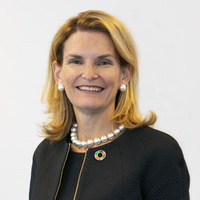
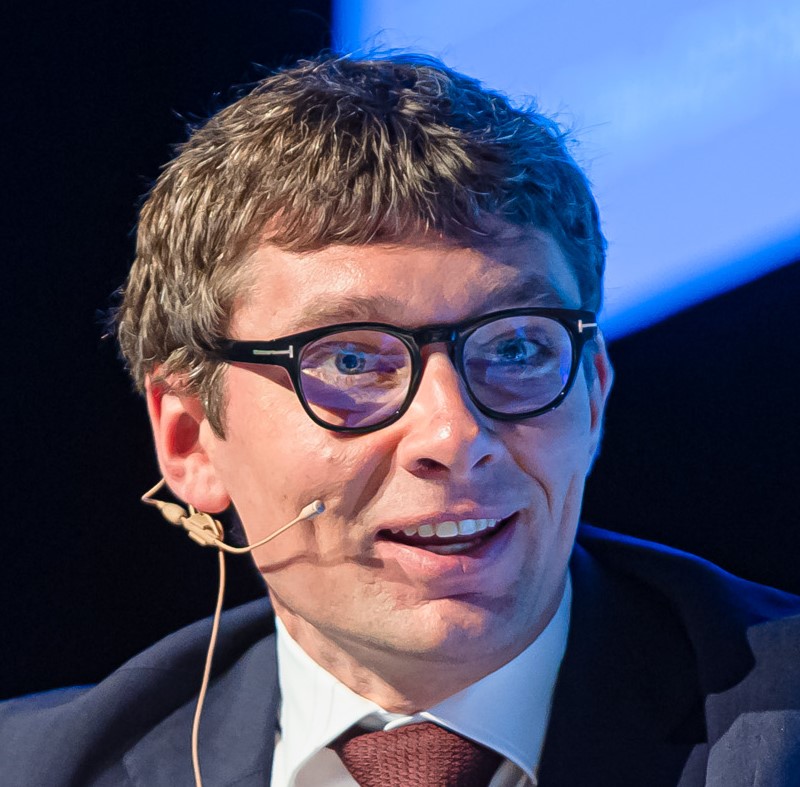
Tomas Lamanauskas is Special Advisor, Crisis Strategy of the Telecommunication Development Bureau of the International Telecommunication Union (BDT/ITU). In this role he is advising the Bureau on the strategy, activities and stakeholder engagement in responding to COVID-19 crisis
He is also Managing Partner and Founder of Envision Associates, an advisory firm that aims to enable its clients to achieve their public affairs, public policy, regulatory and strategy goals in telecommunications and digital technology sectors – with a mission to contribute to creating and enhancing sustainable digital opportunities for everyone.
Tomas has more than 20 years of international experience in telecoms and digital policy, regulation and strategy. His previous career includes positions of Member of the Board, CEO and Deputy General Director of national communications regulatory authorities in three different regions (Europe, the Middle East and Caribbean), senior government advisor on information and communications technologies policy in the Pacific, Head of Corporate Strategy at the International Telecommunication Union (UN), as well as Group Director Public Policy at VEON, a multinational technology and communications company.
Tomas has Master’s degrees in Public Administration (Harvard), Leadership and Strategy (London Business School), Telecommunications Regulation and Policy (The University of the West Indies) and Law (Vilnius University). He has published more than 20 articles and blogs, mainly on information and communication technologies regulation and policy, is a co-author of three books on the subject, and has contributed to a number of reports produced by such organizations as the UN Broadband Commission for Sustainable Development, World Economic Forum and EastWest Institute.

Dr. Ahmedin is State Minister at the Ministry of Innovation and Technology (MInT) since June 2019. He obtained leadership and professional diploma from Florida International University, Miami, USA in 2018. Dr. Ahmedin has PhD Degree from Dalian University of Technology in Computer Science, MEng in Software Engineering from Chongqing University in 2015 and 2011, respectively. His research area includes Cyber Security, Mobile Social Computing, Data Management Algorithm, Big-data Analytics. He was previously working as an Assistant Professor at Kombolcha Institute of Technology - Wollo University offering Computer Science undergraduate senior courses such as Research in Computer Science, serving as guest lecture and thesis advising for Masters in Computing disciplines at different Ethiopian Universities (i.e. Jimma, Mekelle, Gondar, Haramaya, Debreberhan Universities). He was also Scientific Director with a status of Vice President at Kombolcha Institute of Technology, responsible for leading the day-to-day operation of the Institute and implementing the Institute's Strategic Plan from Jun 2016 up to Feb 2019.
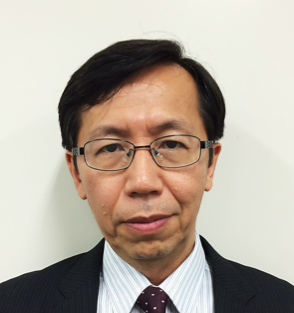
Mabito Yoshida is a senior government official of Japan with more than 30 years professional career experience in ICT policy. He was appointed as the Vice-Minister for Policy Coordination of the Ministry of Internal Affairs and Communications (MIC) with full responsibility in international affairs in July 2020. Prior to his current position, he worked in several senior positions in the Government of Japan, including Director-General of the Information and Communications Bureau, Director-General of the Global Strategy Bureau, Director-General for ICT Promotion, Director-General for Telecommunication Business, and Deputy Director-General for Broadcasting Policy. He has rich experience in coordinating cross-governmental policy issues as a Counsellor of the Cabinet Secretariat. He graduated from the Kyoto University with Bachler of Law (B.A.) degree in 1985.
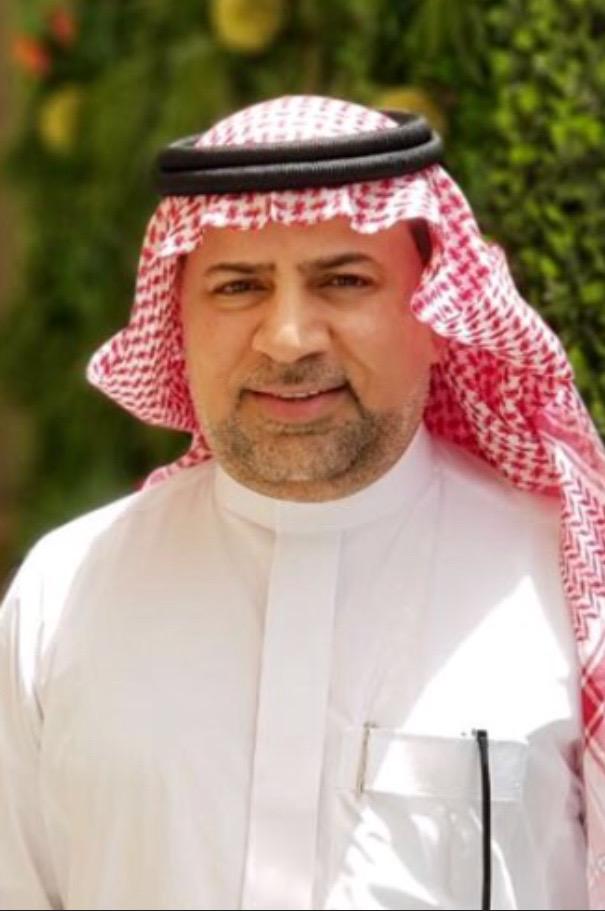
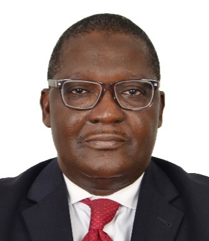
Lassina KONATE is an Experienced Telecommunications Expert practitioner with more than 30 years in telecommunications environment across various fields: fixed, mobile, satellite, etc.
Before joining the ministry in 2015, as Senior Technical Advisor to the Minister, he worked for the Private sector holding different senior positions locally as Chief Technical Officer for MTN Côte d’Ivoire from the launch of the first GSM network in 1996 in the country, till 2006
And internationally, as Key Account and Sales Director for Intelsat from 2007 to 2014 in Johannesburg (South Africa)
With a strong visionary business and technology management skills, he has been appointed since November 2016, Director of Digital Economy in charge of Strategic Management of the country digital transformation with a focus on the Strategic Management of Technology and Innovation.
In his current position as Government transformation leader, Lassina is member and national focal point for several technical Working and Study Groups on Digital Transformation Strategy (Smart Africa), IoT (ITU-T SG20), Cybersecurity (OCWAR – Organized Crime, West Africa Response on Cybersecurity and fight against Cybercrime).
Lassina has a master’s degree in Telecommunication, an Executive Development Program (EDP) certificate in Business Management, Technology strategic management and Leadership from Graduate School of Business Leadership of University Of South Africa (UNISA), and a Verified Certificate of Digital Transformation Strategy from Boston University Questrom School of Business.

Aarti Holla-Maini has been Secretary General of the ESOA since 2004. She is a Member of the World Economic Forum’s Global Future Council on Space Technology, Global 5G Coalition Network and Essential Digital Infrastructure & Services Network.
Under Aarti’s leadership, ESOA & its member CEOs lead the effort to showcase the benefits of satellite communications for a more inclusive and secure society - vital to bridging the world’s digital divide, achieving the UN’s Sustainable Development Goals and realizing the 5G ecosystem.
Since joining the association, Aarti has led the expansion of ESOA from a European association to one that represents the interests of 20 global and regional satellite operators. She reports directly to their Chief Executives.
Aarti has 22 years' experience in the aerospace industry, starting at Daimler-Benz Aerospace/EADS (now Airbus) in Germany. In 2000, she moved to Brussels, representing Airbus interests in the European satellite navigation program: Galileo.
Aarti holds a Masters of Business Administration from HEC, France & Stern Business School, NYC, USA. She qualified as Solicitor of the Supreme Court in the UK in 1995, holding a 2:1 graded LLB Hons Law with German Law degree from King's College, University of London & the University of Passau, Germany. Aarti is of British-Indian origin and holds British and Belgian nationalities. She lives in Brussels, has 3 children and speaks 5 languages.
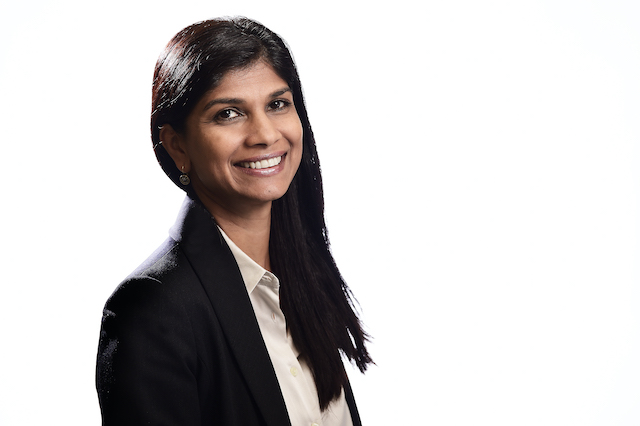
Ms. Akkaraju has more than 20 years of experience in the IT industry across India, Norway and the US, and was recently recognised as one of the top 10 women leaders in technology in Norway. Prior to joining the GSMA, Ms. Akkaraju was the Senior Vice President, Global Delivery, of EVRY, a leading IT company providing business-critical solutions to a wide range of enterprises and public sector organisations. In her role at EVRY, Ms. Akkaraju oversaw the offshoring services for EVRY and EVRY clients. She also spent two years as Country Manager for EVRY’s operation in Bangalore, India.
Prior to EVRY, Ms. Akkaraju was Director of Operations and Professional Services for Mu Dynamics, a Silicon Valley-based provider of network security solutions for Fortune 500 clients including communications providers, government agencies and network infrastructure companies. She has also held various positions in consulting and management training at HolteConsulting. Ms. Akkaraju holds an M.S degree in Engineering from the University of Colorado and a B.S. degree in Civil Engineering from the University of New Mexico.
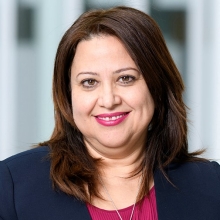
Dr. Boutheina Guermazi is the Director of Digital Development (DD) Department of the Infrastructure Practice Group of the World Bank. She heads a global team working on building digital economies in developing countries, to drive shared prosperity and reduced poverty. The team advises policymakers and regulators, works in collaboration with leading firms and partners, and designs investment and technical assistance programs to improve broadband connectivity and use of digital technology to address development challenges of client countries. The work covers a wide area of focus including broadband networks, mobile networks, cloud infrastructure, internet of things, and big data analytics. The team works collaboratively across sectors to ensure the availability and use of digital government platforms, identification for development and other key foundations to harness digital development, while strengthening cybersecurity, privacy, and data protection. Dr. Guermazi also leads the Digital Development Partnership (DDP), a Multi-Donor Trust Fund focusing on Digital development globally.
Prior to her role as Director, Dr. Guermazi was Practice Manager of Digital Development covering Africa and the Middle East regions of the World Bank. She also served as Lead Operations Officer in the Regional Integration Unit of the Africa region of the World Bank. During her tenure, she has written and published articles and book chapters on trade law, telecommunications policy, and regulatory reform.
Before joining the World Bank, Dr. Guermazi was Assistant Professor at the University of Law and Political and Social Sciences of Tunis, and a Telecommunications consultant to the Sector Reform Unit at the International Telecommunications Union (ITU).
Dr. Guermazi holds a Ph.D. in Telecommunications Law and Policy from the Faculty of Law at McGill University, Canada; an L.L.M. in International Law from Indiana University, USA; and a Bachelor’s Degree in Public Law from the University of Tunis, Tunisia. She held a Fulbright Scholarship and was a research scholar at the University of Michigan (USA), the Social Science Research Council (USA), and the Center of Studies for Regulated Industries (Canada).

Chris Fabian co-founded UNICEF's Innovation Unit in 2006 and currently runs UNICEF Ventures, a team which explores emerging technologies in the service of positive global impact, and co-leads Giga, a UNICEF-ITU global initiative to connect every school to the Internet, and every child to information, opportunity and choice. In 2015, he led the launch of UNICEF's Venture Fund, the first fund of its kind in the United Nations which invests in early stage "frontier technology" like drones, data science, machine learning, crypto-currency, nanosatellites, among others. The Innovation Fund has made 100 investments in 57 countries. In another first for United Nations organizations, Chris arranged and launched the UNICEF CryptoFund, through which UNICEF can receive, hold and disburse donations of cryptocurrencies toward funding open source technology benefiting children and young people around the world.
Chris' teams have worked on infrastructure platforms for low infrastructure environments, including award winning work on RapidPro, an SMS-based information system with more than 3.5M active users in 35 countries. Through Giga, Chris' teams and partners will collaborate to connect every school in the world so every child and community can meaningfully access digital tele-education, tele-work, financial services, and health services to improve their learning outcomes and lives. Chris lectures at universities including NYU, Tsinghua University, and Singularity at NASA. In 2013, he was recognized as one of TIME Magazine's "100 Most Influential People."
-
 C1. The role of governments and all stakeholders in the promotion of ICTs for development
C1. The role of governments and all stakeholders in the promotion of ICTs for development
-
 C2. Information and communication infrastructure
C2. Information and communication infrastructure
-
 C7. ICT applications: benefits in all aspects of life — E-learning
C7. ICT applications: benefits in all aspects of life — E-learning
ITU in it's initiatives takes recognition of the need for involvement of governments and other partners as key stakeholders in the implementation of its work. Collaboration and multistakeholder engagement forms the core of its engagement.
The initiatives that will be discussed in the session have to do with the importance of infrastracture resilience and stability in order to ensure communication continues even during a pandemic or similar emergencies. COVID-19 clearly demonstrated the need for need to ensure connectivity for business continuity, continued learning , provision of health services and general continuation of normal activities. UNICEF/ITU partnership Giga project is one of those that will be discussed to see how stakeholders can accelerate connectivity of every school to the internet and every young person to information, opportunity and choice.
-
 Goal 4: Ensure inclusive and equitable quality education and promote lifelong learning opportunities for all
Goal 4: Ensure inclusive and equitable quality education and promote lifelong learning opportunities for all
-
 Goal 9: Build resilient infrastructure, promote sustainable industrialization and foster innovation
Goal 9: Build resilient infrastructure, promote sustainable industrialization and foster innovation
-
 Goal 17: Revitalize the global partnership for sustainable development
Goal 17: Revitalize the global partnership for sustainable development
The Giga school connectivity project, universal connectivity using the mutistakeholder framework are direct contributors to Goal 4, 9 17 of the SDGs. These will be centre of discussion at the session.
Twitter Account: @ITU_BDTDirector
